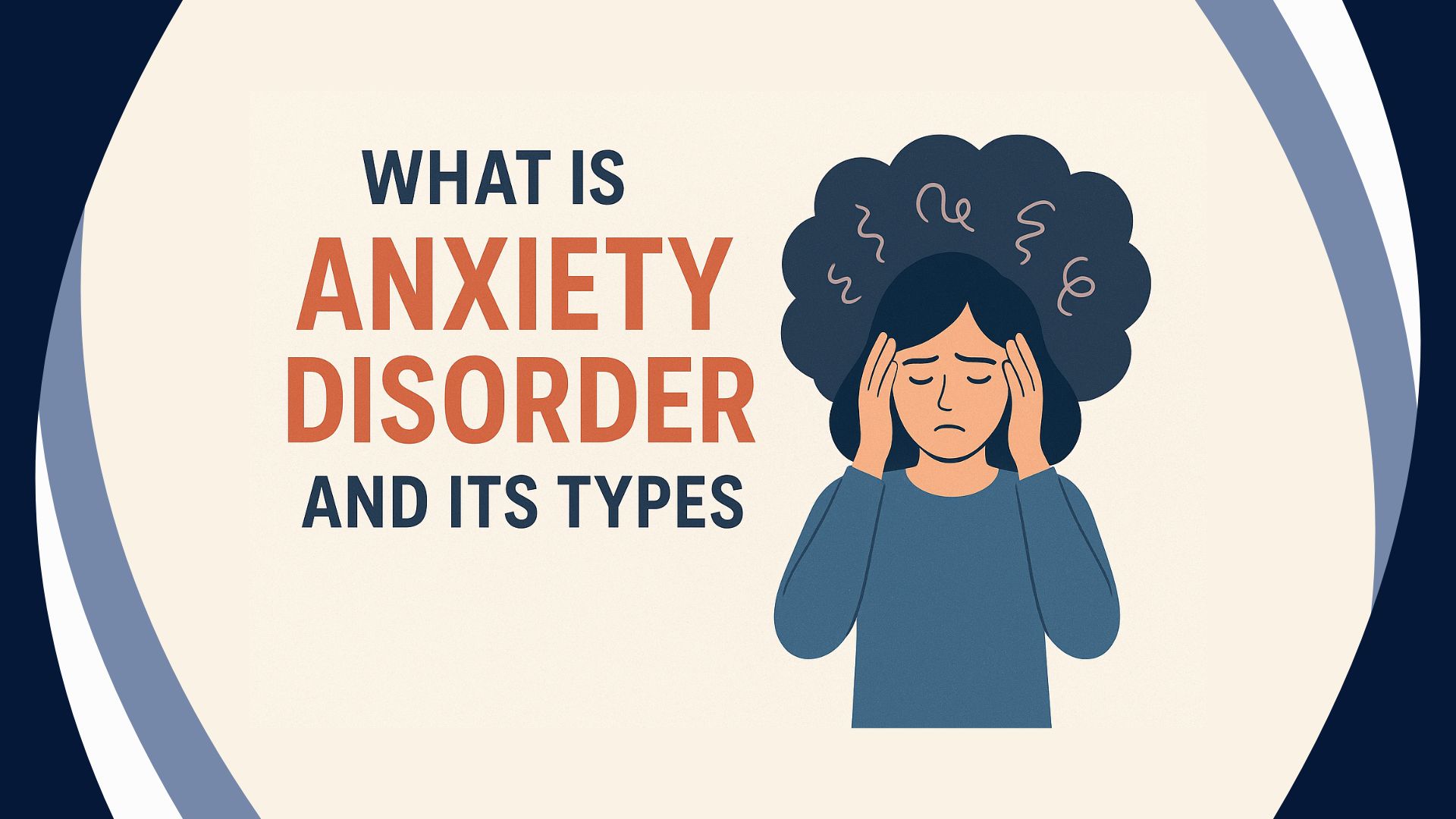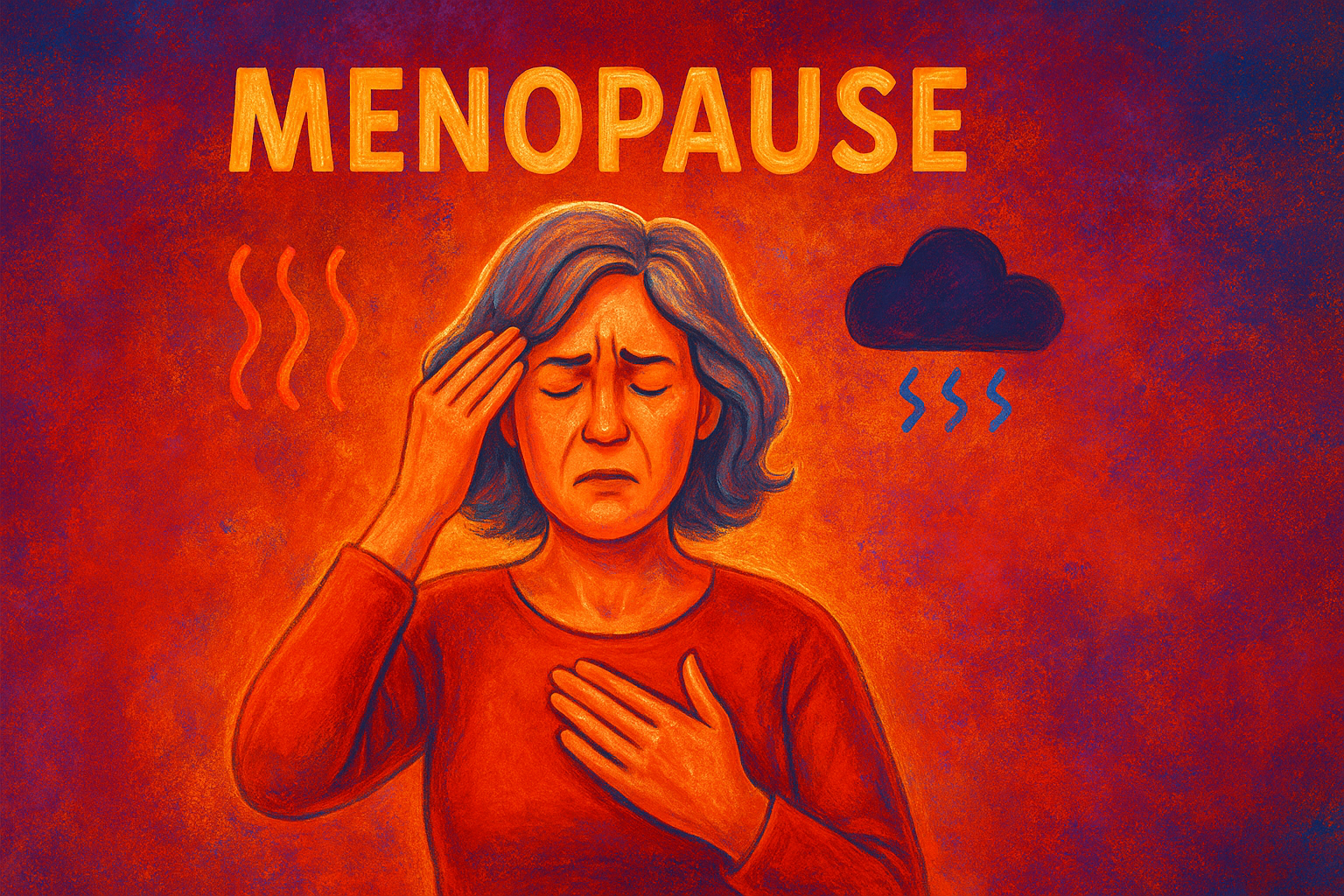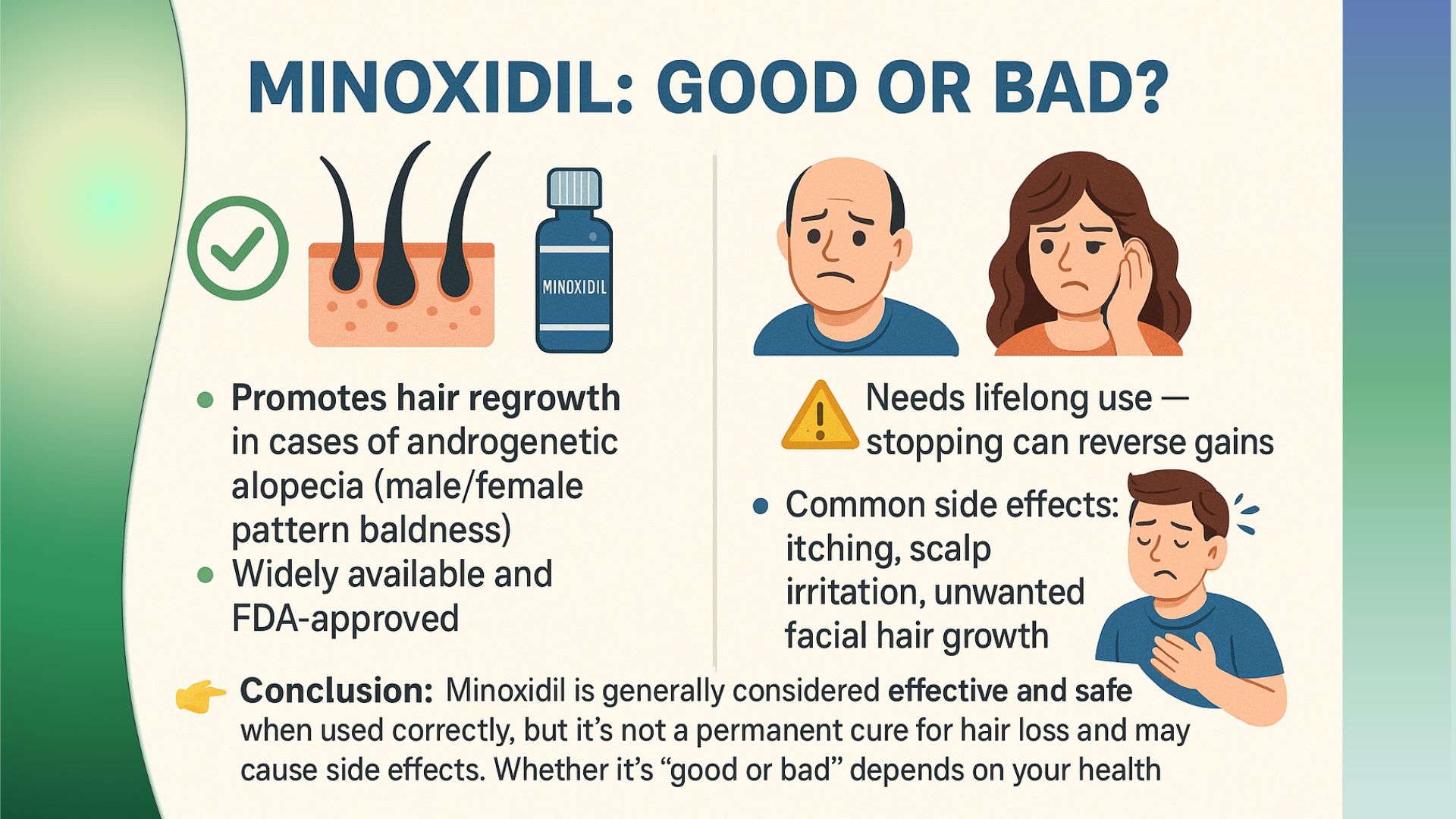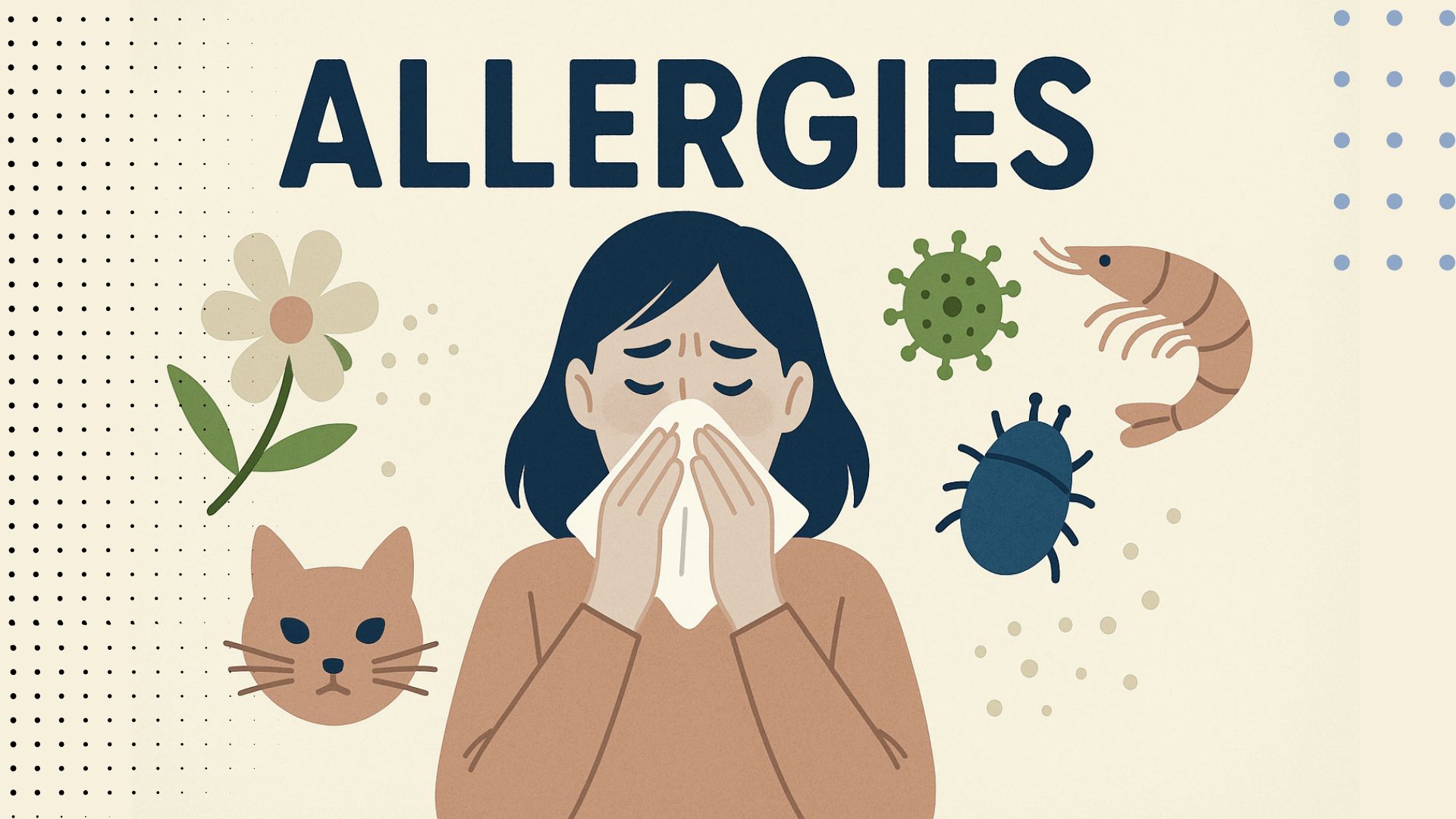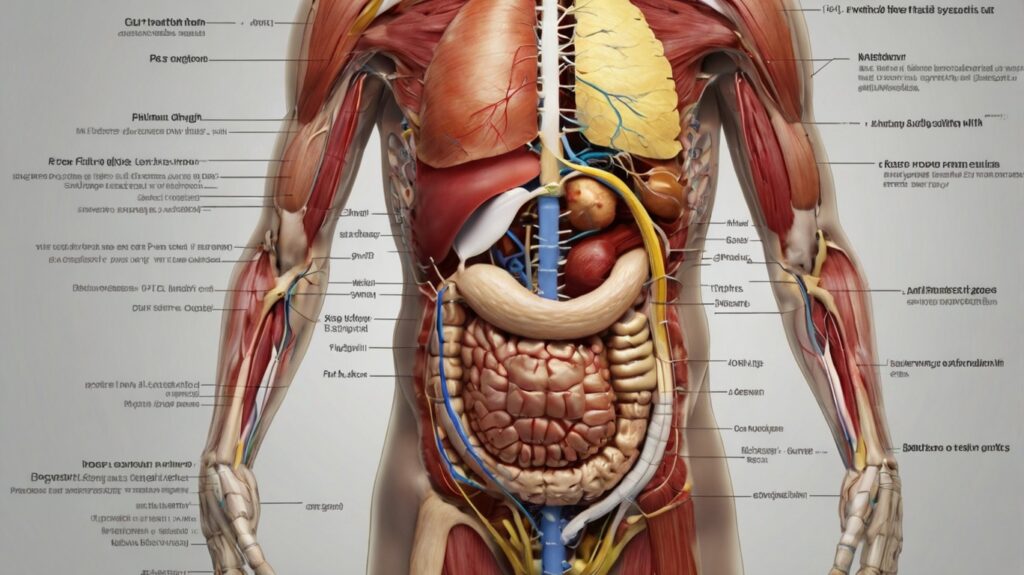
Gut Health basically describes the overall condition and functioning of the digestive system, specifically the intestines. This overall condition includes good working digestion and a balanced microbiome. If gut microbiome is in equilibrium and digestion works regularly, we can say that gut health is at its peak. And this is important for nutrient absorption, working of the immune system, and even mental condition as the health of the gut plays a crucial role for several body systems.
Here some details involves in :
1. The Gut Microbiome
- Definition: The gut microbiome represents all the trillions of microorganisms, consisting of bacteria, viruses, fungi, and other microbes that live in the digestive system.
- Functions: These microorganisms actively participate in digestion in the gut, produce important vitamins, resist unwanted pathogens, and maintain balance in the immune system.
- Balance: A healthy gut microbiome is balanced in having diversified beneficial microorganisms within the system. Imbalance or the term dysbiosis can lead to a variety of health problems.
2. Digestive Processes
- Digestion: Digestion is the process that breaks down food into nutrients that the body can absorb. It involves the mechanical and chemical breakdown of food.
- Absorption: The small intestine absorbs nutrients from digested food, which are then transported into the bloodstream.
- Elimination: Waste products and undigested food are expelled from the body by the large intestine and rectum
3. Factors Influencing Gut Health
- Diet: Intake of high amounts of fiber, fruits, vegetables, and fermented foods can provide a more healthy gut microbiome. Conversely, high intake of processed foods, sugars, and unhealthy fats can disrupt it.
Probiotics and Prebiotics:
- Probiotics: Live beneficial bacteria that occur naturally in foods such as yogurt, kefir, and sauerkraut. They help maintain a good balance of gut bacteria.
- Prebiotics: Non-digestible fibers in foods like garlic, onions, and bananas. They feed the good bacteria so they can multiply and flourish.
- Hydration: The digestive system requires a proper amount of water for proper digestion and absorption of nutrients.
- Antibiotics: Doctors administer antibiotics that eradicate both good and bad bacteria to treat or remove an infection; however, this also compromises the gut microbiome.
- Stress: Chronic stress compromises the gut microbiome because it alters the way the digestive system functions to move its contents; it also causes increased inflammation in the body.
- Sleep:Good sleep promotes the presence of a healthy gut microbiome as well as aids digestion.
4. Symptoms of Poor Gut Health
- Digestive Issues: Bloating, gas, constipation, diarrhea, and abdominal pain can indicate gut health problems.
- Food Intolerances: The common symptoms of stomach problems can help you identify some digestive problems such as difficulty in digesting lactose, gluten or even specific foods.
- Skin Conditions: Eczema or Acne are surprised there could be a gut imbalances.
- Fatigue: Chronic fatigue or feeling of low energy are signs that indicate poor gut health and lackness in essential nutrients.
- Mood Disorders: Imbalances of the microbiome tend to cause mood disorders such as anxiety and depression, linking them to gut health.
5. Maintaining and Improving
In short, here is a balanced way of promoting your gut health:
- Dietary diversity should also be high on this list: Eat in a healthy and rich manner, full of diversified high-fiber food. Add some fermented foods where possible. Don’t forget to stay hydrated with plenty of water!
- Stay Active: Sustained exercise is great for digestion and gut health, as well. Exercise can mean any activity that you like doing. So take up a hobby-it could be anything from daily jogging to knitting; just find something that suits you and then make time for it!.”.
- Manage Stress: All these involve giving time for mindfulness, meditation, or even simple rest, which really makes a lot of difference when it comes to supporting the health of a gut.
Responsible Use of Antibiotics:Take your antibiotics when prescribed and always follow the directions of your doctor in helping to keep your gut in balance.- Seek Professional Help When Necessary: If issues persist within the gut, see a healthcare professional. Professionals, such as gastroenterologists or dietitians, can provide you with personalized tips and assistance so you feel your best.
6. Research and Future Directions
- Emerging Research: Studies are now investigating the interrelationships between gut health and disease, including obesity, diabetes, autoimmune diseases, and mental health.
- Personalized Nutrition: Researchers are capitalizing on breakthroughs in personalized nutrition and human gut microbiome testing to guide recommendations for specific diets and lifestyle habits for people.

